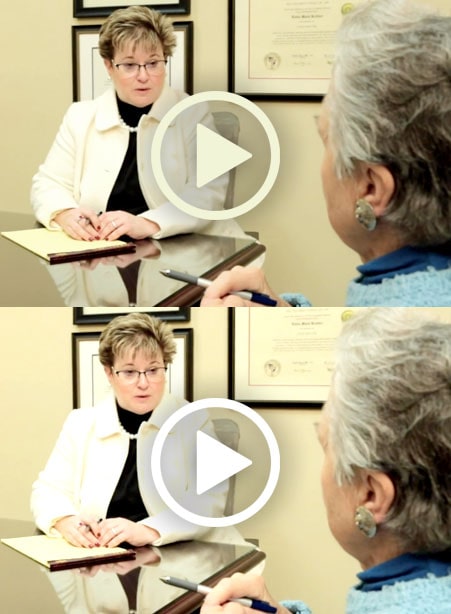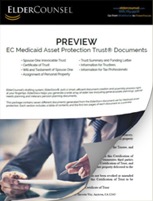Norwood Probate, Estate & Trust Administration Lawyer
How does probate work?
There can be tremendous grief and pain at the loss of a loved one. Added to the stress and sadness of losing a loved one is the enormous task of winding up a loved one’s affairs after death. This responsibility falls on the individual(s) named in the decedent’s will. Under the Massachusetts Uniform Probate Code, this person is called the Personal Representative. This role is commonly known as the executor or administrator of an estate. While the function of the Personal Representative is the essentially the same as what an executor or administrator would have done prior to the passage of the new law, the term for this fiduciary changed.
The fundamental duties of the Personal Representative is gather the assets of the decedent, and if there are probate assets, offer the last will and testament to the probate court for validation, provide require notices, inventory and accounts, pay any debts and funeral expenses of the decedent and then distribute the remaining assets of the estate to the heirs or beneficiaries named under the last will and testament. Where the decedent also executed a trust during his or her lifetime, the Trustee would perform similar functions under the Massachusetts Uniform Trust Code and protect the trust assets and interest of the beneficiaries.
In order to ensure that your affairs are wound up in a time and cost efficient manner after your death, help the probate process go smoothly, and reduce the stress for your loved ones after losing you, is to have all of your ducks in a row and prepare as best as you can. Read on for some essential reminders about the probate process and how our Norwood probate, estate & trust administration lawyers can assist with the process.
What should I know about the probate process?
A personal representative is required to prepare and file an inventory and a list of claims after the representative is approved by the court. The timeframe for this important chore is set by statute. This inventory should detail all of the assets subject to probate (i.e., that did not pass outside of probate by operation of law or otherwise). The property must be valued and even appraised as necessary. The claims include debts due and owing to the estate (not debts the estate owes to another party). The inventory provides both potential beneficiaries and creditors of the estate an idea of the estate’s assets and claims. [Beneficiaries want to know what they might get and creditors want to know if there is enough money to get paid.] If the inventory is filed late, the representative could be fined and removed, which would slow down the process (and raise tempers).
One thing to realize if you are a beneficiary is that the will may be “read” a few days after the funeral, but the gifts and bequests are not given out at that time. Yes, you may be entitled to the assets, but the inheritance is subject to the estate’s administration. The representative must settle the decedent’s debts and claims before he or she can make any distribution of the assets. So, beneficiaries, do not go to Grandma’s house with a moving truck and start taking whatever you want. Most likely, the representative is doing his or her job and making sure everything stays where it is until probate is closed.
As noted above, the representative also must to keep the administration process moving along by settling all of the decedent’s debts. He or she must give proper notices to creditors, to include making publication in the appropriate newspaper and sending written notice to known secured creditors by certified mail. Also, some representatives are under the mistaken impression that all debts must be paid. He or she begins paying the decedent’s bills immediately, which is not necessarily good. Some states provide “permissive notice” to unsecured creditors and this may avoid paying some unsecured claims.
The representative must keep the beneficiaries in the loop, to include providing each with notice via certified mail that the will has been admitted to probate and a copy of the will. In addition, the representative must inform the beneficiaries regarding any information that might affect their rights. For instance, beneficiaries have the right to ask for a formal accounting by the independent executor.
The representative is responsible for the care and maintenance of estate property, treating it with even greater care than his or her own property. The representative is able to sell any property that is perishable or would deteriorate in value during the probate process.
As you can see, being a representative is a big, big job. Consequently, he or she can be removed if proven to have been guilty of any gross misconduct or mismanagement in the role of representative. The representative may be subject to a suit for breach of fiduciary duty. Along the way, there are taxes to be paid and returns to be filed, along with a many other details.
It’s okay to ask for help.
So you see, there is more than a little pressure on the personal representative. As a result, it is essential that the representative work in concert with Linda Fisher, an experienced Norwood estate planning attorney to guide the representative or beneficiaries during this process … and avoid all of the hidden landmines.





